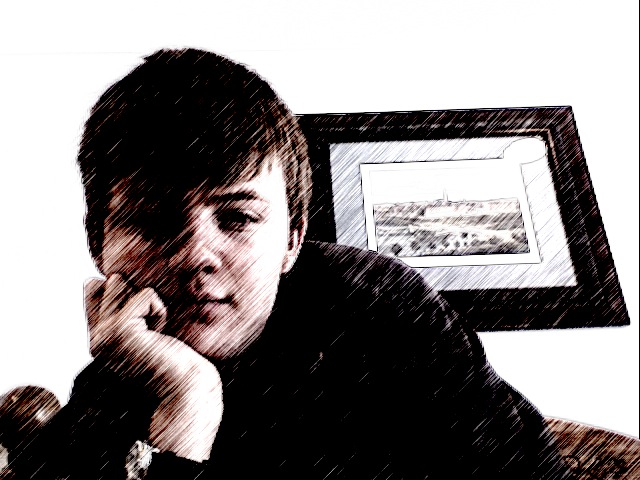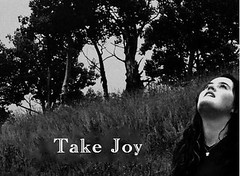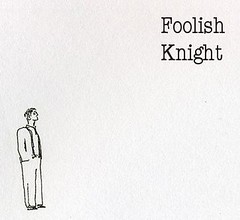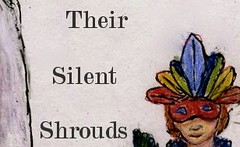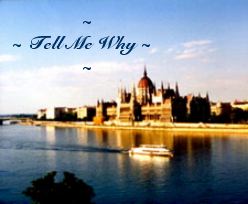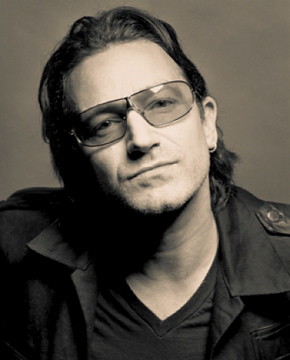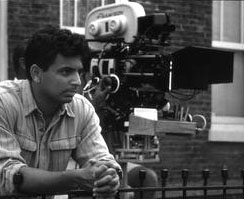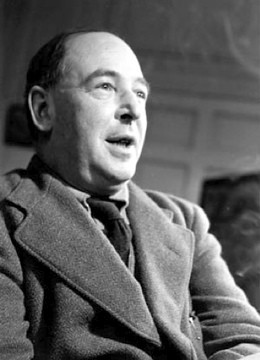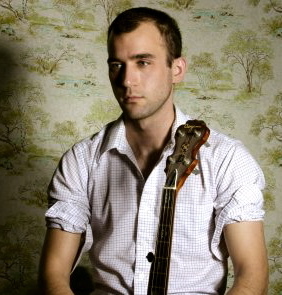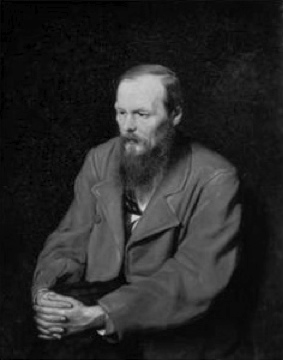They Understood the Light
As a blogger, I've written small bits and pieces about the incarnation in different places, as in comments and emails, or my essay for the Advent Season. It is an idea that is dear to my heart, especially as an artist, for I truly believe that the artist has a special calling to live out the incarnation of Christ in a way that no other vocation can. But as much as I have believed that, I have had an equal confusion about how to understand it's meaning, how to explain it to others, and how to live it out in my own life.
Interestingly, I stumbled upon the answer while talking to my fellow blogger and artist, Tuesday's Child, about pain, of all things. In truth, when I think about Christ and His love for us shown through His life, I don't imagine pain and suffering being part of the root of that knowledge. My tendency is to automatically put a positive twist on the concept, and apply all the happy cliches to His story. However, being the artist that I am, I know that much goodness comes out of much pain. What I have just now started to realize is that all that pain is inalterably tied up with incarnational living, and inevitibly, with my being as an artist.
Truly living an incarnational life means accepting a paradox. It means being content with a fact that doesn't seem to make sense within the bounds of our limited understanding. Many people in Christianity make the mistake of assuming that we as Christians were created to live lives full of joy and happiness, and to always view pain or suffering in a negative light. Christ, however, seems to portray a different idea, one that seems to contradict all that we know to be true about Christianity. It is simply that to truly live incarnationally, we have to grasp the reality of a void.
Void. The empty space where there is no sense, no reality, no presence of God. It is where the ledge where hope and despair perilously seesaw back and forth. In that place, we are left empty and dry, without Christ's love present to quench our thirst for answers. So many people experience this dark night of the soul, where God's very existence seems to be fading into our imaginations. I have been in this place before, and I knew at that point for the first time what life would be without God. In a strange but wonderful way, it brought me to my knees. Perhaps that is why the darkness is there. Perhaps God allows us to find ourselves overcome by darkness, with not even a miniscule hint of light around us, so that we will plead with our entire beings for the light to come back. At that point, even in the midst of pure black darkness, we realize our incredible need for light to be the truth, and to come back to us. It is here, perhaps only here, that we can finally fully comprehend the light. And it is here that when we see light, we realize it's true, incredible poignancy in our lives. It streams through the blackness, blinding and beautiful, in its true form, piercing through the darkness, and the darkness "could not overcome the light". Finally it makes sense. God did not abandon us, for we knew deep within our very souls that once we are made a child of God, we remain a child of God for eternity. Instead, God allowed us to live in darkness for a time. For if we could comprehend the bitter and deadening reality of a void without God, an empty darkness, then we could finally come to understand and embrace the light.
"The earth was formless and void, and darkness was over the surface of the deep, and the Spirit of God was moving over the surface of the waters.
Then God said, let there be LIGHT."
This is what we as Christians were meant to cling tightly to. That just as we are made in the image of God, Imagi Deo, just as He commanded light in the darkness, just as he brings beauty to everything and makes all things new, we have the same ability. We are empowered in Christ to walk into the darkness, stare it in the face, and command light into it. That is our purpose, especially as artists. Our entire purpose here on earth is to breath life into the darkness, by creating beauty within it. That is why the artist must suffer the darkess, not because we are made to walk a harder road, but rather because ours is a different calling, a great and beautiful paradox, that though it seems hopeless to walk into the darkness, it is the only way for us to truly grasp the meaning of light, and instill it into the creation that we produce.
Michael Demkowicz said so profoundly that art is "encountering a mystery, and trying to comprehend it". So it is that we as Christians and artists walk boldly forward into the dark, knowing that within this paradox of sadness and grief, there is a reconcilliation of joy that comes in the morning light.
This is easter week, and as I write this, good friday comes to a close. However, its significance in our lives is far greater than we often grasp. Christ's death and resurrection wasn't just to bring about propitiation for our sins, and satisfy the wrath of God. It was in many ways something deeper. It was symbolic of our lives. For just as Christ succombed to death on the cross, a great void came quickly to being, and for those who thought they understood the light, they were plunged deep into the despair of the truest form of darkness, death. But just as God redeems all things, death was not the final answer. For as the stone was rolled away, and the daylight poured forth into the empty tomb, Christ broke through spiritual darkness and death, and poured his redeeming light of love into the void of our hearts. He had allow those three days in between where his loved ones were living in perpetual darkness, so that when the light came, we could finally comprehend it, and see how the mystery unvails itself through that incarnation of Christ.
I encourage all of you as you go out this weekend, remember Christ. Remember your holy calling to be an artist, and to live in Christ's incarnational movements through you. Embrace this mystery, knowing that Christ is the answer to the paradox, and fulfills it, just as He fills the void with His marvelous light. Gloria!
Interestingly, I stumbled upon the answer while talking to my fellow blogger and artist, Tuesday's Child, about pain, of all things. In truth, when I think about Christ and His love for us shown through His life, I don't imagine pain and suffering being part of the root of that knowledge. My tendency is to automatically put a positive twist on the concept, and apply all the happy cliches to His story. However, being the artist that I am, I know that much goodness comes out of much pain. What I have just now started to realize is that all that pain is inalterably tied up with incarnational living, and inevitibly, with my being as an artist.
Truly living an incarnational life means accepting a paradox. It means being content with a fact that doesn't seem to make sense within the bounds of our limited understanding. Many people in Christianity make the mistake of assuming that we as Christians were created to live lives full of joy and happiness, and to always view pain or suffering in a negative light. Christ, however, seems to portray a different idea, one that seems to contradict all that we know to be true about Christianity. It is simply that to truly live incarnationally, we have to grasp the reality of a void.
Void. The empty space where there is no sense, no reality, no presence of God. It is where the ledge where hope and despair perilously seesaw back and forth. In that place, we are left empty and dry, without Christ's love present to quench our thirst for answers. So many people experience this dark night of the soul, where God's very existence seems to be fading into our imaginations. I have been in this place before, and I knew at that point for the first time what life would be without God. In a strange but wonderful way, it brought me to my knees. Perhaps that is why the darkness is there. Perhaps God allows us to find ourselves overcome by darkness, with not even a miniscule hint of light around us, so that we will plead with our entire beings for the light to come back. At that point, even in the midst of pure black darkness, we realize our incredible need for light to be the truth, and to come back to us. It is here, perhaps only here, that we can finally fully comprehend the light. And it is here that when we see light, we realize it's true, incredible poignancy in our lives. It streams through the blackness, blinding and beautiful, in its true form, piercing through the darkness, and the darkness "could not overcome the light". Finally it makes sense. God did not abandon us, for we knew deep within our very souls that once we are made a child of God, we remain a child of God for eternity. Instead, God allowed us to live in darkness for a time. For if we could comprehend the bitter and deadening reality of a void without God, an empty darkness, then we could finally come to understand and embrace the light.
"The earth was formless and void, and darkness was over the surface of the deep, and the Spirit of God was moving over the surface of the waters.
Then God said, let there be LIGHT."
This is what we as Christians were meant to cling tightly to. That just as we are made in the image of God, Imagi Deo, just as He commanded light in the darkness, just as he brings beauty to everything and makes all things new, we have the same ability. We are empowered in Christ to walk into the darkness, stare it in the face, and command light into it. That is our purpose, especially as artists. Our entire purpose here on earth is to breath life into the darkness, by creating beauty within it. That is why the artist must suffer the darkess, not because we are made to walk a harder road, but rather because ours is a different calling, a great and beautiful paradox, that though it seems hopeless to walk into the darkness, it is the only way for us to truly grasp the meaning of light, and instill it into the creation that we produce.
Michael Demkowicz said so profoundly that art is "encountering a mystery, and trying to comprehend it". So it is that we as Christians and artists walk boldly forward into the dark, knowing that within this paradox of sadness and grief, there is a reconcilliation of joy that comes in the morning light.
This is easter week, and as I write this, good friday comes to a close. However, its significance in our lives is far greater than we often grasp. Christ's death and resurrection wasn't just to bring about propitiation for our sins, and satisfy the wrath of God. It was in many ways something deeper. It was symbolic of our lives. For just as Christ succombed to death on the cross, a great void came quickly to being, and for those who thought they understood the light, they were plunged deep into the despair of the truest form of darkness, death. But just as God redeems all things, death was not the final answer. For as the stone was rolled away, and the daylight poured forth into the empty tomb, Christ broke through spiritual darkness and death, and poured his redeeming light of love into the void of our hearts. He had allow those three days in between where his loved ones were living in perpetual darkness, so that when the light came, we could finally comprehend it, and see how the mystery unvails itself through that incarnation of Christ.
I encourage all of you as you go out this weekend, remember Christ. Remember your holy calling to be an artist, and to live in Christ's incarnational movements through you. Embrace this mystery, knowing that Christ is the answer to the paradox, and fulfills it, just as He fills the void with His marvelous light. Gloria!
